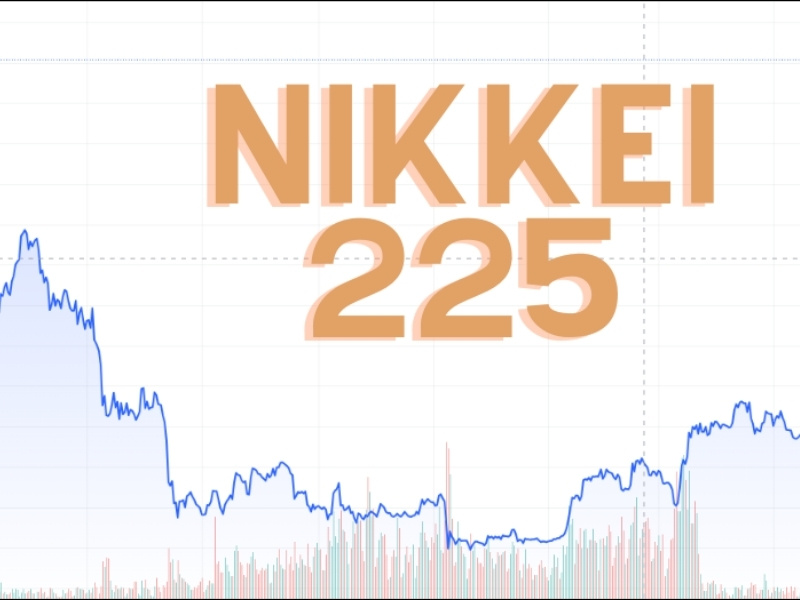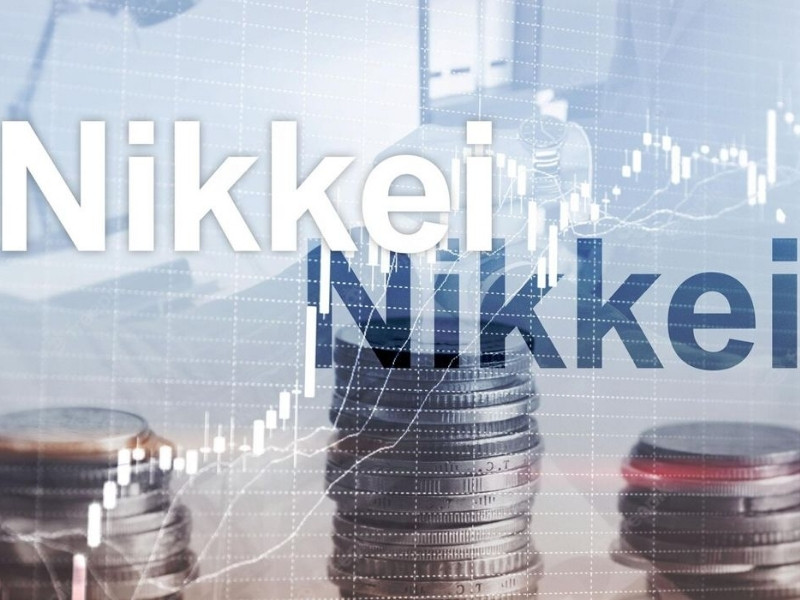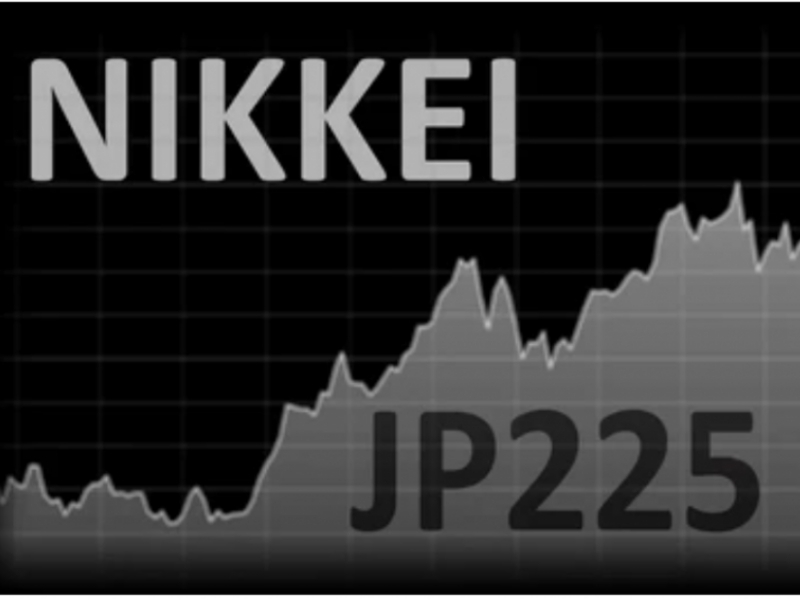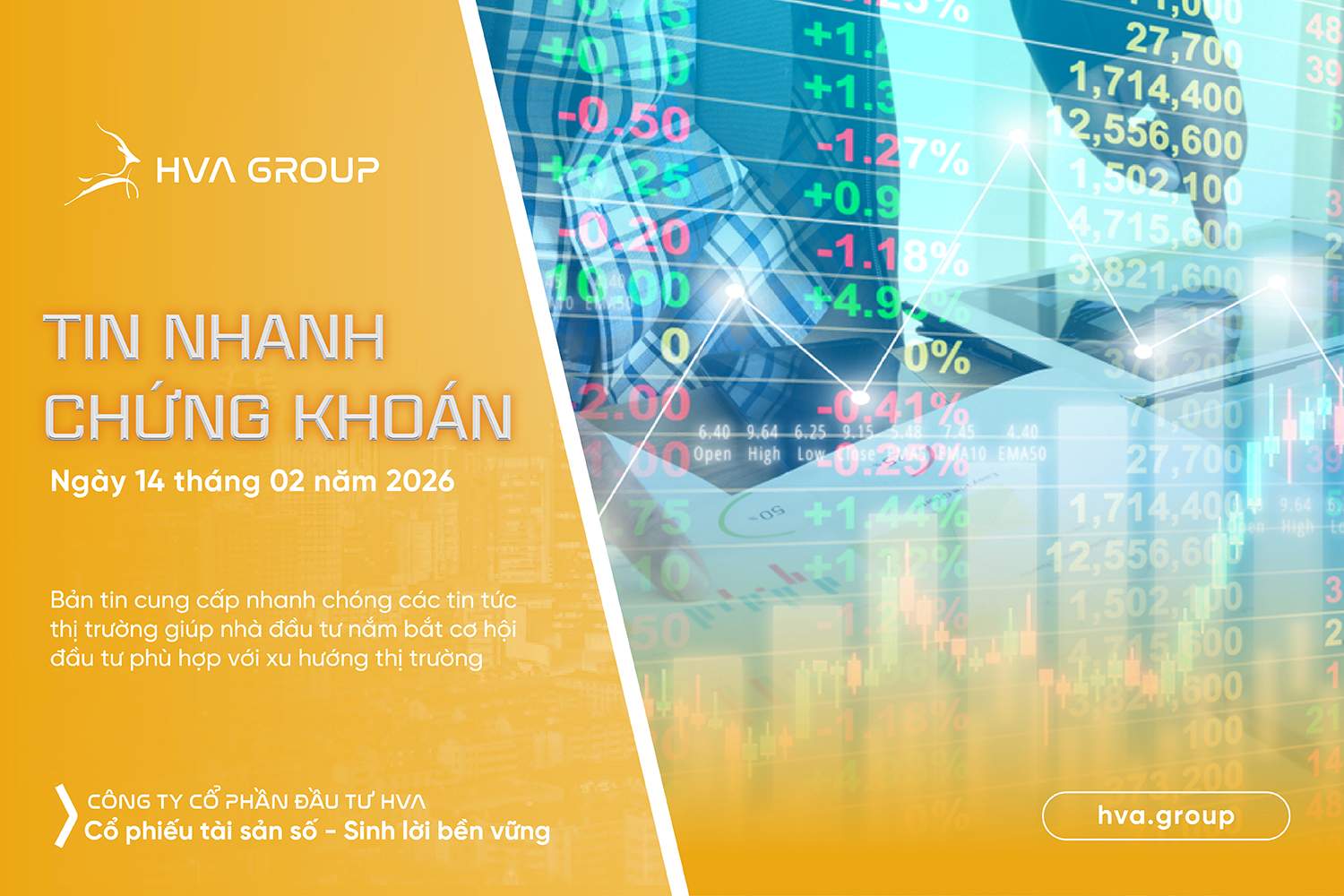Nikkei 225 stock index The sharp decline not only affected the Japanese stock market but also the global economy. Let's find out the following reasons with HVA.
What is the nikkei 225 index?
>>> See more articles: LEARN ABOUT WORLD STOCK INDEXES – HVA Group
Nikkei 225 Index is one of the most important measures of the stability of the Japanese stock market. It reflects the market value of the 225 largest and most influential companies on the Tokyo Stock Exchange (TSE). These companies are often the “big guys” in various Japanese industries, from automobile manufacturing to electronics to finance.

The importance of the nikkei 225 index for investors
Technical analysis tools
- Trend identification: Investors use technical indicators such as moving averages, RSI, MACD... to analyze the fluctuations of the Nikkei index, thereby identifying increasing, decreasing or sideways trends.
- Determining buy and sell points: Based on technical signals, investors can determine buy points when the market shows signs of reversing from down to up, and sell points when the market shows signs of reversing from up to down.
- Risk Management: The technical analysis tools Helps investors set stop-loss and take-profit levels to limit risk and protect profits.
Portfolio Diversification Tool
- Risk Mitigation: Investing in ETFs that track the Nikkei index helps spread risk, rather than focusing on just a few individual stocks.
- Access to the Japanese market: Investing in the Nikkei ETF is an easy way to gain exposure to the Japanese stock market without having to research individual stocks.
- Participate in the growth of the Japanese economy: By investing in the Nikkei ETF, investors will benefit from the growth of the Japanese economy and major companies listed on the Tokyo Stock Exchange.

What factors affect the Nikkei index?
There are many reasons why Nikkei index fell sharply, below are the common factors that affect Japan's nikkei stock index:
Japan's economic policy
Monetary policy
- Monetary easing: When the Bank of Japan (BOJ) implements monetary easing policy (e.g., lowering interest rates, buying bonds), the amount of money supplied to the economy increases, stimulating consumption and investment, thereby boosting the Nikkei index.
- Monetary tightening: Conversely, when the BOJ tightens monetary policy, the money supply decreases, reducing inflation and potentially slowing economic growth, putting pressure on the Nikkei index.
Fiscal policy
- Increased public spending: When the Japanese government increases public spending on infrastructure, education, and health projects, it will create more jobs, stimulate the economy, and support the Nikkei index.
- Tax cuts: Tax cuts help increase disposable income of people and businesses, boost consumption and investment, thereby supporting the Nikkei index.
Global economic situation
- World economic growth: As the world economy grows strongly, demand for Japanese goods and services also increases, supporting the sales and profits of Japanese companies.
- Trade war: A trade war could cause instability in global markets, disrupt supply chains and negatively impact Japan's exports, thereby putting pressure on the Nikkei index.
Geopolitical situation
- Armed Conflict: Armed conflicts in other parts of the world could increase oil prices, cause political instability and reduce investor confidence, negatively affecting the Nikkei index.
- Geopolitical tensions: Geopolitical tensions between major countries could increase volatility in global financial markets and put pressure on the Nikkei index.
Investor psychology
- Investor confidence: When investors are optimistic about the economic outlook and the earnings of Japanese companies, they buy stocks, pushing the Nikkei index higher. Conversely, when investors are worried, they sell, putting pressure on the index.
- Herd mentality: Herd mentality can cause sharp swings in the stock market. When some investors start selling, others may follow suit, creating a domino effect.
Exchange rate fluctuations
- Strong Yen: When the Yen strengthens against other currencies, Japanese exports become more expensive in international markets, negatively affecting the sales and profits of exporting companies, putting pressure on the Nikkei index.
- Weak Yen: Conversely, when the Yen weakens, Japanese exports become more competitive, supporting the sales and profits of exporting companies, boosting the Nikkei index.

Simplified formula for calculating Nikkei index
The simplified calculation formula of the Nikkei stock index is as follows:
Nikkei 225 Index = (Total market capitalization of 225 companies / A fixed number) * Adjustment factor
In there:
- Total Market Capitalization of 225 Companies: The sum of the market capitalization of all 225 companies in the index basket.
- A fixed number: A number used as an initial reference point when calculating the index.
- Adjustment Factor: This is a factor that is periodically adjusted to reflect changes in the composition of the index basket, stock splits, corporate acquisitions, etc.
Investment opportunity
- Buy at a discount: When the Nikkei index falls sharply due to macro or micro factors, investors can buy stocks of companies with good fundamentals at attractive prices, waiting for the market to recover to make a profit.
- Value investing: Investors can look for companies that have high growth potential but are undervalued relative to their intrinsic value.
- Cyclical Investing: Investors can adopt a cyclical investing strategy, buying when the market is at its bottom and selling when the market peaks.
Meaning of Nikkei 225 stock index
Nikkei stock index 225 acts as a “compass” to guide the designers. financial investment, economists and policy makers, helping them better understand Japan's economic situation and make appropriate decisions.
Measuring tool of Japan's economy
- Reflecting corporate performance: When the Nikkei index rises, it shows that major Japanese companies are performing well, profits are rising, and investors are optimistic about their future prospects. Conversely, when the index falls, it can show that companies are struggling, profits are falling, and investors are concerned about the economic outlook.
- Evaluating the effectiveness of economic policies: The monetary and fiscal policies of the Bank of Japan and the Japanese government are often reflected in the movements of the Nikkei index. If these policies are effective, the Nikkei index tends to increase.
- Forecasting economic trends: Economists often use the Nikkei index as a tool to forecast Japan's economic growth, inflation, and other economic indicators.
Investor sentiment indicator
- Measuring market optimism/pessimism: When the Nikkei index rises, it shows that investors are optimistic about the future prospects of the Japanese economy and are willing to invest in listed companies. Conversely, when the index falls, it shows that investors are worried about the future and tend to withdraw capital.
- Impact on investment decisions: Investors often use the Nikkei index as a basis for making decisions about buying or selling stocks. When the index rises, they can buy to benefit from the upward trend. Conversely, when the index falls, they can sell to limit risk.
Impact on global financial markets
- Spillover effect: Strong movements in the Nikkei index can cause a domino effect, affecting investor sentiment globally and causing volatility in other stock markets.
- Impact on the Yen: Movements in the Nikkei index often follow movements in the Yen. When the Nikkei index rises, the Yen tends to strengthen and vice versa.
- Impact on Commodity Prices: Japanese exports, such as automobiles and electronics, are often priced in yen. Therefore, fluctuations in the Nikkei and the yen can affect the prices of these products on the international market.

In short, Nikkei stock index 225, as one of the world's leading stock indices, not only reflects the Japanese economy but also impacts the global financial market. It is important for investors to understand the factors that affect this index. With the support of modern data analysis platforms such as HVA, helping investors make more accurate investment decisions, based on in-depth analysis of historical data and market trends.











